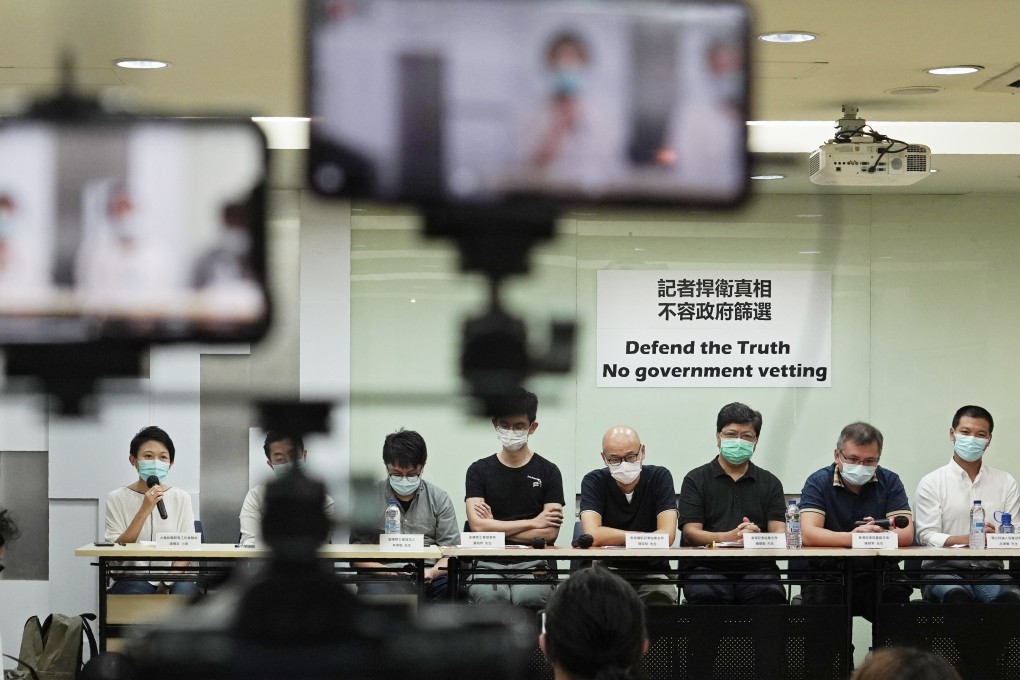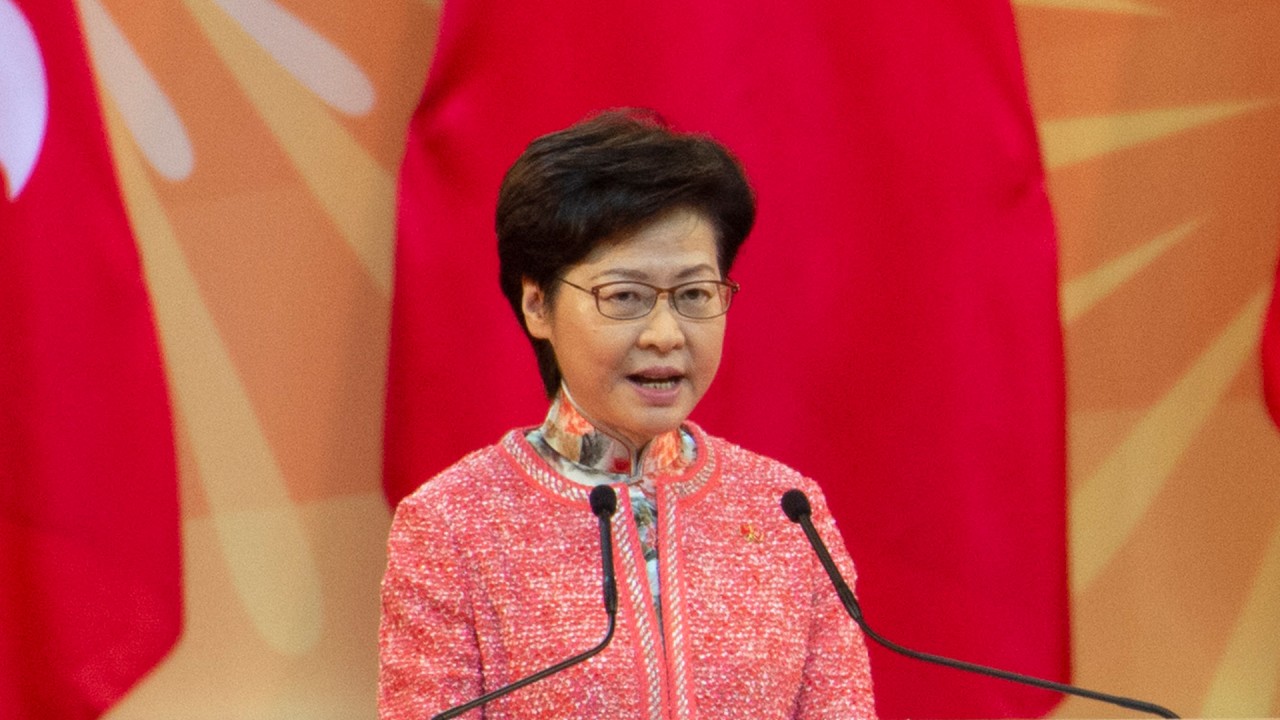Advertisement
Opinion | How have Hong Kong’s press freedoms and human rights not been undermined?
- The official refusal to clarify no-go reporting areas under the national security law and the police redefinition of media under new and expanded powers have sown confusion and exclusion
Reading Time:3 minutes
Why you can trust SCMP
0

Much has happened in the three months since the Beijing-drafted national security law was promulgated in Hong Kong amid widespread concern about its effect on human rights, in particular on the freedom of speech and press.
On July 1, the day after the law came into effect, a reporter asked Chief Executive Carrie Lam Cheng Yuet-ngor whether it was “legal or a crime to criticise the national security law”?
Lam pondered and said: “Criticism – it comes under freedom of speech.” She pointed out that the law provides safeguards for both national security and human rights.
“But,” she clarified, “some of these human rights enjoyed by individuals under the international covenants are not absolute” and they “could be restrained in accordance with the law”. “If individuals … are discharging their role and they feel that something is not right, they want to criticise, I don’t see why that will become an offence.”
The impact of the security law on media is potentially huge. Article 9 stipulates that the government “shall take necessary measures to strengthen public communication, guidance, supervision and regulation over matters concerning national security, including those relating to schools, universities, social organisations, the media and the internet.”

01:28
Hong Kong leader hails 'return to peace' on China's National Day
Hong Kong leader hails 'return to peace' on China's National Day
This is a sweeping directive from the central government, calling on the Hong Kong authorities to take action in various spheres, specifically including the media.
Advertisement
